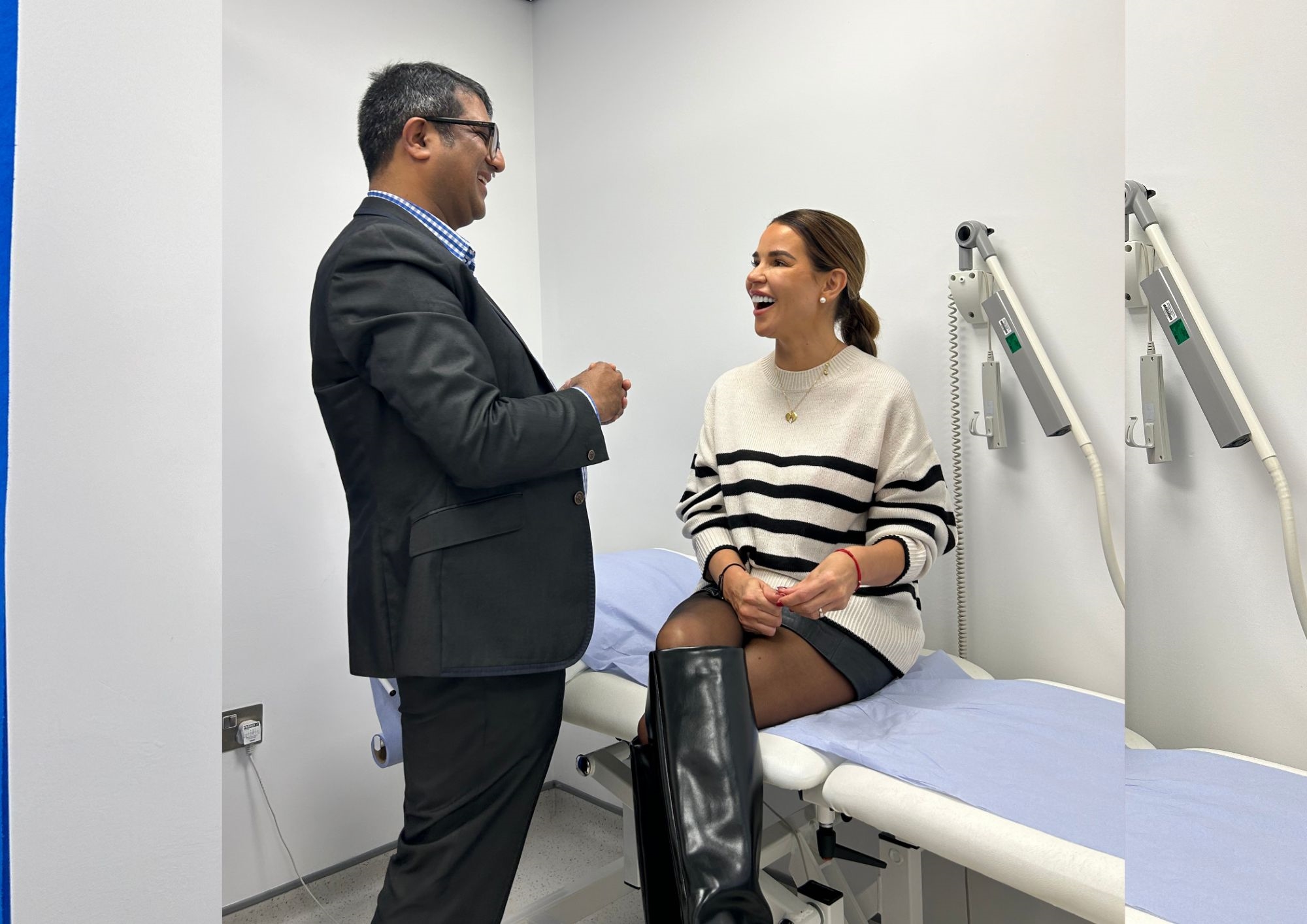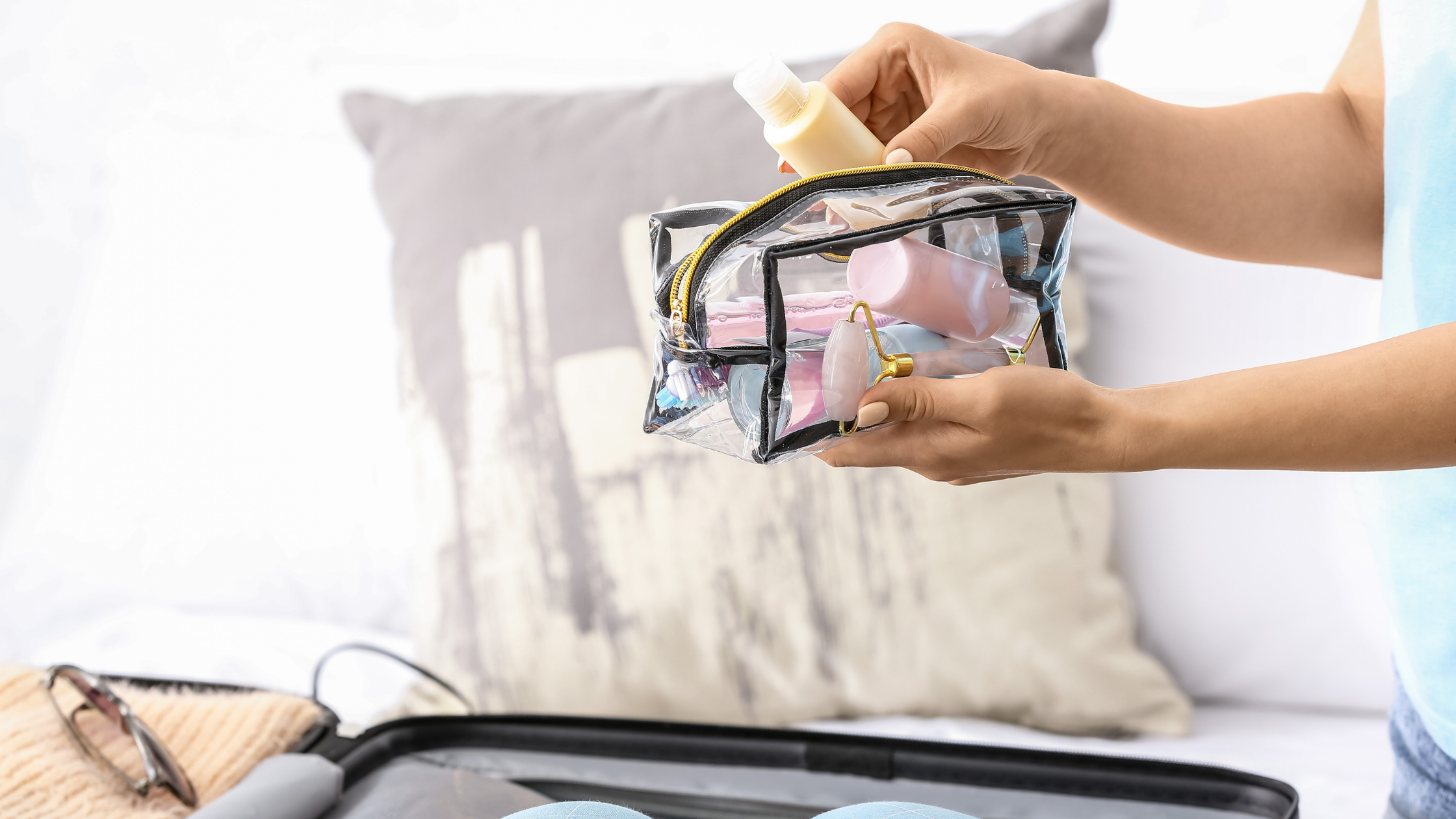Breastfeeding is a significant concern for many women considering or having undergone Breast Enlargement surgery. The good news is that most women with breast implants can breastfeed successfully. However, there are specific factors to consider, such as the type of incision, implant placement, and potential side effects. In this article, we’ll explore these considerations in detail, providing you with comprehensive guidance backed by medical expertise. If you’re thinking about cosmetic surgery and want to discuss your individual needs, Pall Mall offers a free, no obligation consultation to help you make an informed decision.
How Breast Enlargement surgery affects breastfeeding
Breast Enlargement surgery can impact breastfeeding, but the extent of this effect varies depending on the surgical technique used. Generally, implants themselves don’t interfere with breastfeeding, but certain factors, such as the type of incision and the placement of the implant, can influence milk production. For instance, an incision made around the nipple (periareolar) may carry a higher risk of affecting milk ducts or nerves, potentially reducing milk supply.
According to Mr Prasad, a Consultant Breast Oncoplastic and Aesthetic Surgeon at Pall Mall Cosmetics: “It is perfectly safe to breastfeed with implants, and there is no risk of harm to the baby. However, it’s important to note that the cosmetic outcome of your implants may be affected by breastfeeding.”
Implant size and shape
The size and shape of breast implants can influence breastfeeding to some degree. Larger implants, for instance, might exert pressure on the surrounding breast tissue, potentially affecting milk production by compressing the milk ducts or altering the natural flow of milk.
Mr Prasad, Consultant Breast Oncoplastic and Aesthetic Surgeon, explains: "You might experience changes such as a drop in breast position or the development of stretch marks due to the natural changes in breast tissue during pregnancy and breastfeeding.” However, this outcome isn’t guaranteed, and many women with different implant sizes and shapes successfully breastfeed without any issues. The impact varies based on individual anatomy and the specifics of the implant placement, making it important to discuss these factors with your surgeon during the consultation process.
Placement
Implant placement, whether above or below the muscle, can also play a role in breastfeeding. Implants placed under the muscle are generally less likely to interfere with milk production, as they are positioned further away from the milk ducts and glands. On the other hand, implants placed above the muscle might exert more pressure on breast tissue, although this doesn’t necessarily impede breastfeeding.
Type of incision
The type of incision used during Breast Enlargement surgery is a crucial factor in determining breastfeeding success. Incisions made in the inframammary fold (under the breast) or the axillary region (armpit) are less likely to impact milk production. However, a periareolar incision, which is made around the edge of the nipple, could potentially damage milk ducts or nerves, leading to reduced milk supply. At Pall Mall Cosmetics, the choice of incision is carefully considered and tailored to each patient’s needs, with an emphasis on preserving the ability to breastfeed.
Side effects of pregnancy and breastfeeding with implants
Pregnancy and breastfeeding can naturally alter breast size and shape due to hormonal changes, which should not affect your implants. These changes may include a drop in breast position or the development of stretch marks. Additionally, a study published by the National Center for Biotechnology Information (NCBI) has found that women with implants may face a slightly higher risk of postpartum mastitis, an infection of the breast tissue. This study highlighted the potential for breast implants to interfere with breast duct systems, possibly increasing the likelihood of this condition. However, it’s essential to note that these risks vary from person to person. During a free, no obligation consultation our GMC registered surgeons can discuss with you the potential risks of Breast Enlargement surgery to ensure you are making an informed decision.
To ensure the safety of both mother and child, it is crucial to avoid undergoing any form of cosmetic surgery, including breast augmentation, while pregnant. Pall Mall strictly adheres to this guideline to prioritise the well-being of our patients during these critical periods.
Common questions about breastfeeding with implants
Can implants harm an unborn child?
No, implants do not harm an unborn child. The materials used in implants are safe and do not interfere with foetal development.
Can breast implants leak during pregnancy or breastfeeding?
Implants are designed to be durable and should not leak during pregnancy or breastfeeding. However, if you notice any unusual changes, it’s important to consult your healthcare provider immediately.
Do implants affect the sensitivity of breasts during pregnancy and breastfeeding?
Some women may experience changes in breast sensitivity due to nerve involvement during surgery, but this varies. Sensitivity can increase or decrease, depending on individual circumstances.
Does breastfeeding affect the lifespan of breast implants?
Breastfeeding does not directly affect the lifespan of implants, but natural changes in breast tissue may alter their appearance. For more information, see our blog on when breast implants need replacing.
How soon after getting breast implants can I become pregnant?
It’s advisable to wait at least 6-12 months after getting breast implants before becoming pregnant to allow your body sufficient time to heal and adjust to the implants.
Find out more about Breast Enlargement surgery
Breast Enlargement surgery is a significant decision that requires careful consideration, especially if you plan to breastfeed in the future. To learn more about our breast enlargement procedures and discuss your options, visit our Breast Enlargement surgery page. At Pall Mall Cosmetics, our experienced surgeons are here to guide you through the process, ensuring your goals and concerns are addressed. Enquire today to book your free, no obligation consultation!











